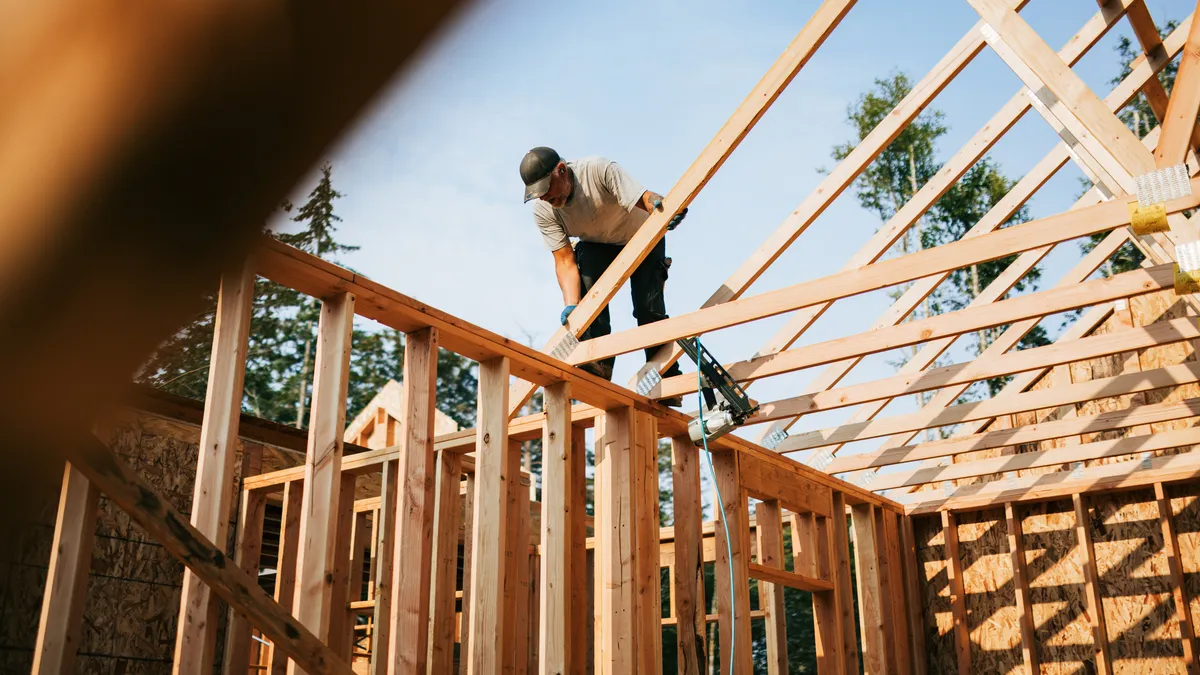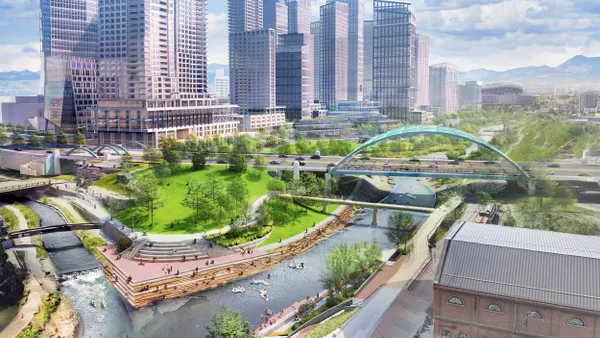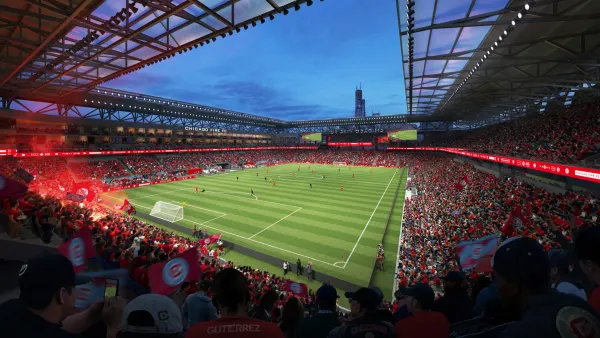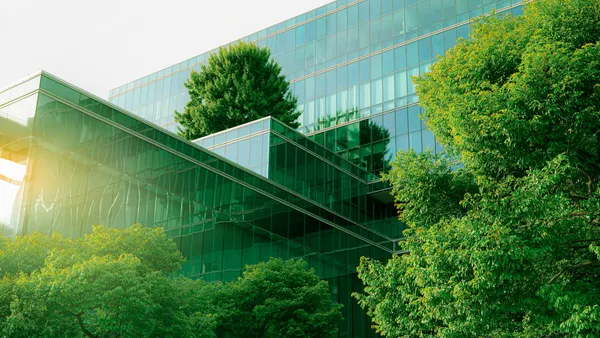Dive Brief:
- Local governments, climate advocacy groups and others filed a lawsuit last week seeking to block a Washington state voter-approved ballot initiative that prevents state and local rules to cut natural gas use.
- The plaintiffs argue that I-2066 is unconstitutional because it violates a requirement that an initiative only concern a single subject. Seattle and King County, Washington, are among the plaintiffs, with local officials stating that the initiative threatens their ability to mitigate climate change and protect public health.
- Meanwhile, supporters of the ballot initiative filed a lawsuit earlier in December seeking to force the Washington State Building Code Council to modify energy codes to comply with I-2066.
Dive Insight:
Local and state rules banning or discouraging natural gas use in buildings have proliferated in recent years as officials seek to reduce planet-warming emissions. In many communities, however, the changes have been met with intense backlash and lawsuits led by gas and building industry groups. In 2023, these opponents notched a major victory when a federal appeals court struck down Berkeley, California’s first-in-the-nation ban on gas hookups in new construction.
Some cities in Washington have enacted rules that similarly aim to reduce gas use in buildings. According to Cascade PBS, a 2021 regulatory update by the state building code council requires that when gas appliances are chosen for new buildings or building retrofits, the building must still achieve the same energy savings as a building that uses electric heat pump, water or space heating. And state legislators recently passed a law that calls for Washington’s largest utility to explore alternatives to gas infrastructure and consumer use of gas, Cascade PBS reports.
I-2066, supported by groups representing the building industry, real estate industry, hospitality industry and small businesses, passed in the Nov. 5 election by a slim margin. While 48.29% of voters opposed the initiative, 51.71% supported it.
According to Ballotpedia, the initiative prohibits state and local governments from restricting access to natural gas and prohibits the state building code council from discouraging or penalizing the use of gas in buildings. It requires municipalities and utilities to provide gas to any person or business, even if other energy sources are available. The initiative also prohibits the Washington Utilities and Transportation Commission from approving a multi-year rate plan that requires or incentivizes gas companies or utilities to end gas service or that makes gas service access prohibitively expensive.
The groups suing to block I-2066 issued a press release calling the initiative “illegally overbroad, addressing more than one subject, targeting multiple laws, regulations, and programs designed to upgrade buildings, and proactively preventing any similar measures in the future.” They also argue that I-2066 backers misled voters about the wide-ranging impacts of the initiative.
The Building Industry Association of Washington, which led the push for I-2066, swiftly denounced the lawsuit. “Every single section of 2066 addresses protecting the choice to access and use natural gas,” BIAW General Counsel Ashley Penner said in a statement. “There are many parts of state law to be changed to ensure that customers continue to have an energy choice. And that’s what 2066 does. It ensures Washington residents and businesses can access natural gas if they want it.”
BIAW added in its news release that local building departments should no longer be enforcing penalties for permit applications that include gas service.











